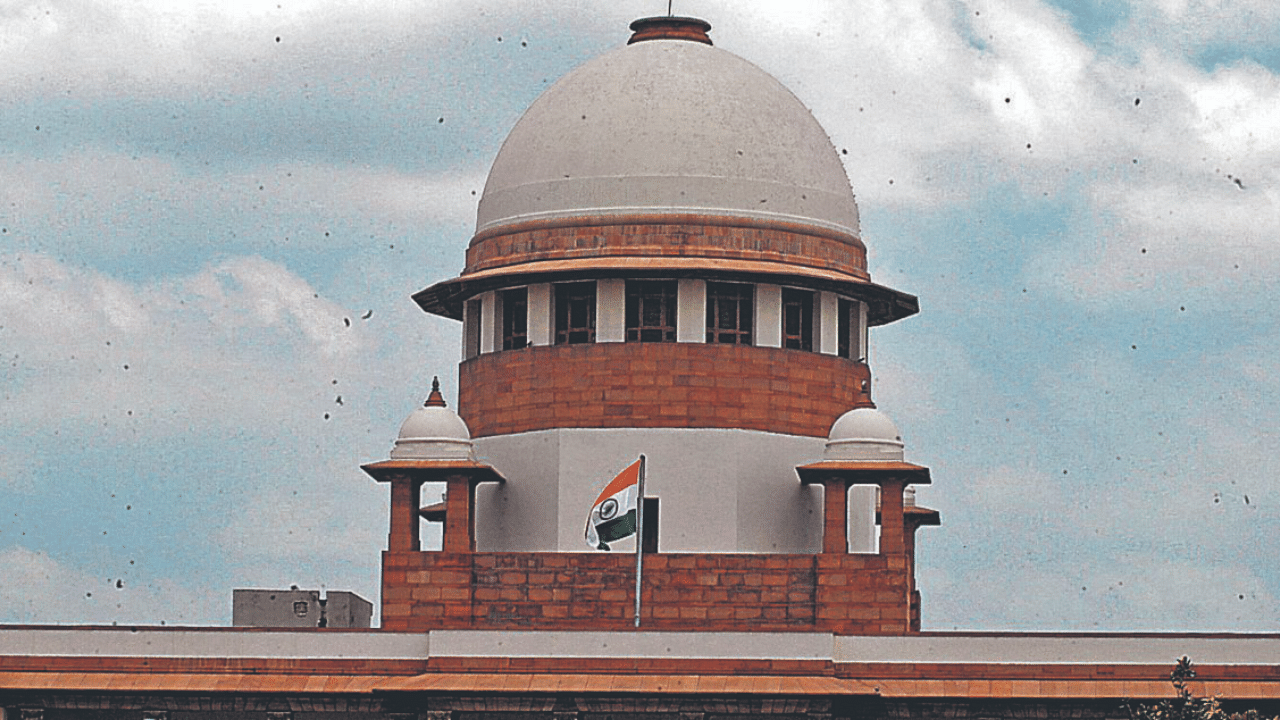
The Supreme Court, on Thursday, said that a woman alone has the right over her body and is the ultimate decision maker of whether she wants to undergo an abortion or not.
In a significant decision, a bench of justices D Y Chandrachud, A S Bopanna and J B Pardiwala said the rights of reproductive autonomy, dignity, and privacy under Article 21 of the Constitution give an unmarried woman the choice about whether or not to bear a child—the same choice as that of a married woman.
“In the context of abortion, the right to dignity entails recognising the competence and authority of every woman to take reproductive decisions, including the decision to terminate the pregnancy,” the court said.
According to the apex court, “human dignity” is inherent for every individual but it is “susceptible to violation by external conditions and treatment imposed by the state.”
“The right of every woman to make reproductive choices without undue interference from the state is central to the idea of human dignity,” the order stated.
“Deprivation of access to reproductive healthcare or emotional and physical wellbeing also injures the dignity of women. A woman can become pregnant by choice irrespective of her marital status,” the court said.
Recognising the right of an unmarried woman for abortion, the bench said, in case the pregnancy is wanted, it is equally shared by both the partners. However, in case of an unwanted or incidental pregnancy, the burden invariably falls on the pregnant woman affecting her mental and physical health. Article 21 of the Constitution recognises and protects the right of a woman to undergo termination of pregnancy if her mental or physical health is at stake.
“The right to decisional autonomy also means that women may choose the course of their lives. Besides physical consequences, unwanted pregnancies which women are forced to carry to term may have cascading effects for the rest of her life by interrupting her education, her career, or affecting her mental wellbeing,” it said.
